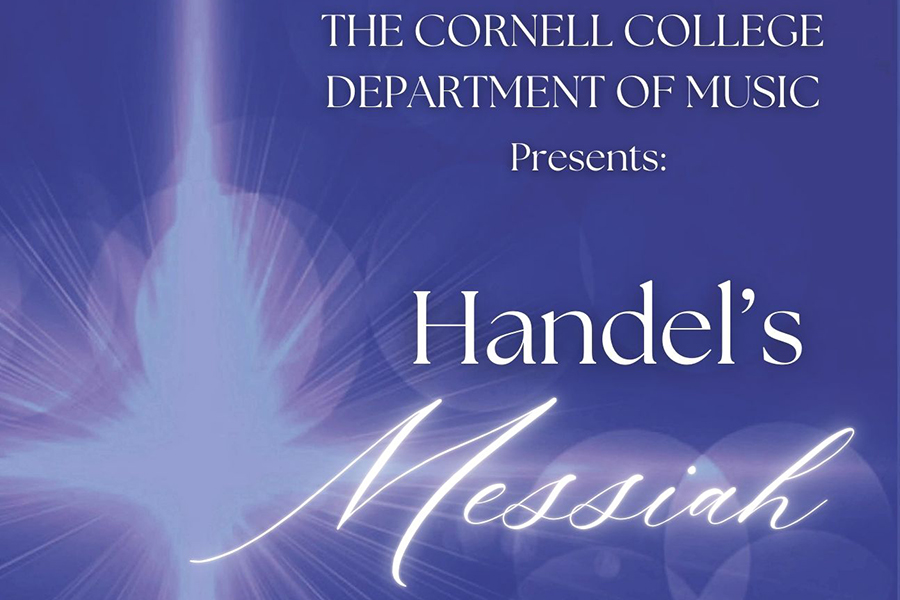One Course—Patricia Rozema: Fantastical Feminist Filmmaker
Norma and Richard Small Distinguished Professor of English Leslie Kathleen Hankins teaches a first-year writing seminar immersing students in the work of one independent filmmaker, culminating in a live interview with her.
What students learn

Hankins has taught courses on film in many ways, but this is the first time she structured a course around one female director. She chose independent Canadian filmmaker Patricia Rozema, whose woman-centered films such as “I’ve Heard the Mermaids Singing” break the Hollywood norm.
Learning to write well is the ultimate goal of this course, part of Cornell’s first-year English writing requirement. But what sets this writing course apart is the focus on research to strengthen the students’ writing and interviewing.
“The first day of the class I told them we were going to interview Rozema on the last day of class. It upped the ante—not by me being demanding but by their desire to look good in front of the director,” Hankins said. “I wanted them to learn that research is not just something you do in school, it’s a key to knowledge that you want to have. By doing research you are deepening what you know about a topic so you can dialogue about that topic in a seasoned way.”
How they learn
The class saw all her films, read and watched her interviews, read and wrote movie reviews, and planned a hypothetical Rozema film festival. For the final project they each asked one probing question during the Zoom meeting, and then wrote a paper analyzing the interview and what they learned.

“The interview was the highlight of this semester, and it was stunning and surreal to truly be in the presence of Patricia Rozema,” said Thea Keuning ’26. “She was vivid and brilliant, and I died with excitement every time she addressed me by name.”
Hankins said it was exciting to structure the course around real-world research skills.
“I could sense the students’ enthusiasm and witness how much more they were invested in their writing when they felt the stakes were meaningful to them. It was not just generic writing for an assignment but for a real world moment with someone they admired,” she said.



